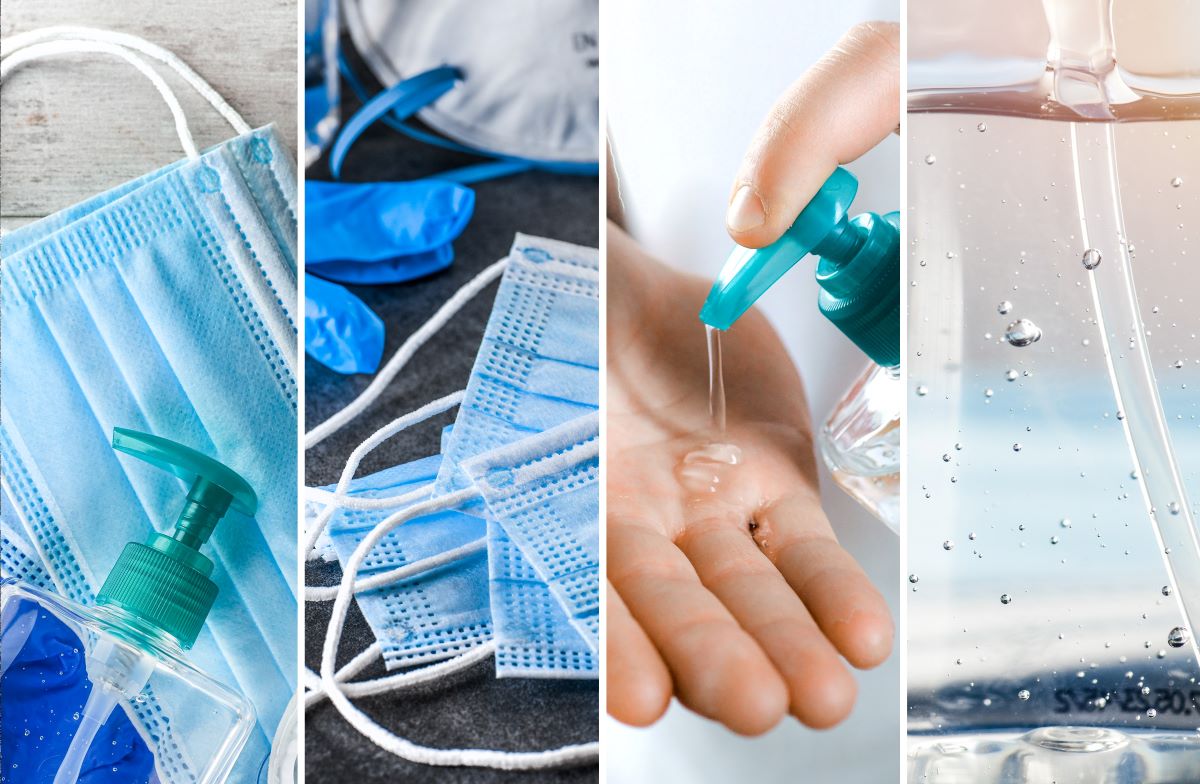As part of your duty of care to employees, you should have an action plan that outlines the specific steps to take should someone become ill while traveling on company business. There are two steps: 1. planning for prevention, and 2. planning for handling an illness by giving employees instructions for what to do if they do get sick.
The first step is prevention. The easiest way to deal with an employee getting COVID-19 while on a business trip is for them to avoid getting sick in the first place.
Make sure that employees have clear directions for what to do while traveling:
- Take the proper precautions, including: wearing face covering whenever they’re around others, practicing 6 feet of social distancing whenever possible, washing their hands frequently. In addition to a supply of face coverings and hand sanitizer, employees should make sure they pack their insurance card and ID.
- Follow CDC directions and stay home or at the hotel -- don't go into the workplace -- if they’re feeling sick, including giving themselves a self-assessment for symptoms before they head to the workplace each day.
- Ensure that the employee is safe to travel, which means that they’re not showing any symptoms, they’re not at high risk to get very ill from COVID-19, and that they can return safely to their home without endangering others (particularly those at higher risk).
- Review these guidelines and plans with your colleagues in HR and risk management along with travelers and travelers’ leadership. Let them know that you’ll contact them if the employee reaches out because of symptoms or exposure.
- Finally, make sure employees are aware of the steps that should be taken if they suspect or are sick with COVID on the road -- this is the second step, below.
The second step is planning for and handling an illness.
Make sure that employees have clear directions for what to do if they suspect or know that they’ve been exposed to someone with COVID while on the road, or if they exhibit any symptoms. Here’s what they should do:
- Do not go into the workplace. They should stay home or at their hotel.
- Notify their employer and colleagues.
- Locate a testing site -- Googling “rapid COVID test site” in Google maps is reliable -- then call the testing center ahead to determine what (if any) testing prerequisites are required and when they can get an appointment. Rapid testing that returns results within hours is preferred to a days-long wait for result, even if you have to pay a bit extra for the rapid test.
- If it’s safe and practical to get home, they can go home. Otherwise they should shelter in the hotel. Determine ahead of time your policy for paying for the additional time in the hotel and additional meals expense, share this information with the traveler. If the employee is going home they should take a rental car - please don’t fly or take a train.
Again, the key to handling an illness on the road is to avoid the illness in the first place. Failing that, having a plan that’s well communicated to travelers and other stakeholders is the backup that you should prepare now, just in case.
Resources:

Elliott McNamee





